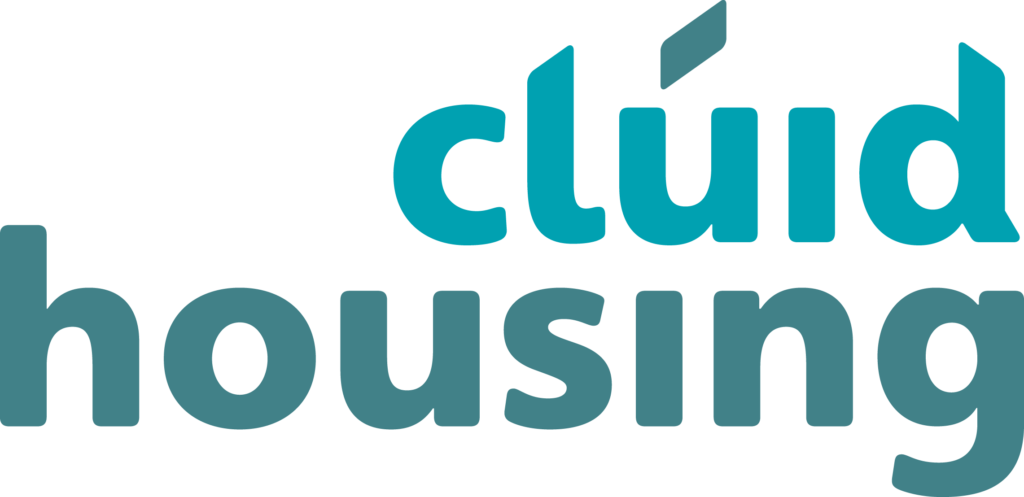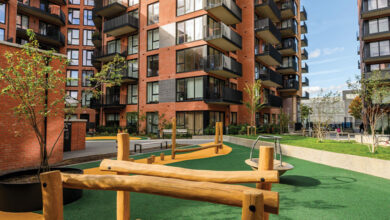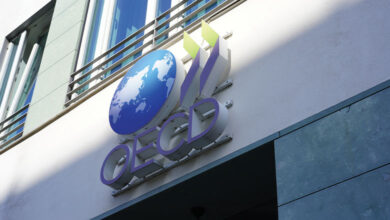Innovating to build more social and affordable homes
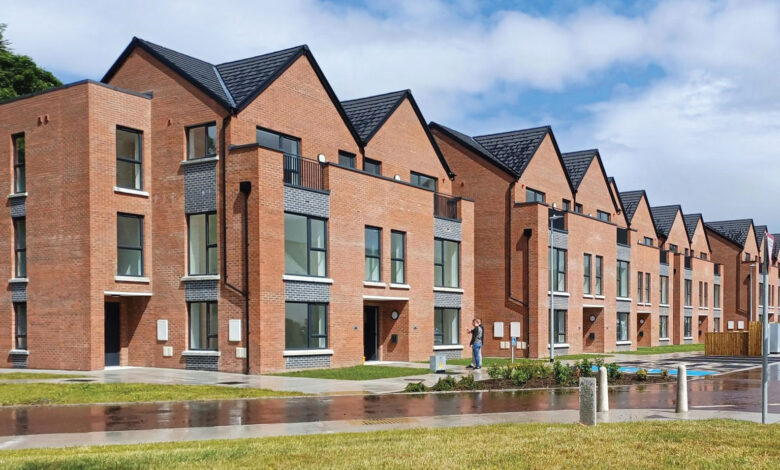
“Construction is a massive part of what we do, and we have been working to increase our construction pipeline, year on year. We have developed a number of innovative processes to grow our construction arm,” Clúid Housing’s Chief Commercial Officer, Eibhlin O’Connor, explains. “Having a healthy construction pipeline is important to us for a number of reasons. Primarily, it gives us a much greater level of control over the design and specification of the homes, the cost, and when they will be delivered. It also adds to overall housing stock in the country and allows us to innovate and push boundaries in areas like sustainability.”
Working in partnership with the Department of Housing, Local Government and Heritage, local authorities, The Housing Agency and the Housing Finance Agency, Clúid delivers and manages social and affordable homes across the country, and has more than 31,000 residents in 12,000 homes. Clúid currently has 1,140 homes on-site under construction, with a further 771 homes due to commence on site in the next four months. The Approved Housing Body (AHB) also has an additional 2,189 homes at various stages of pre-start on-site assessment.
“We use a number of different approaches to get shovels in the ground and homes built,” outlines O’Connor, “Some of our construction projects, like 112 homes at Green Lane in Blackpool, Cork City, and 81 homes at The Weir on Whitestown Way, Tallaght in Dublin 24 are on local authority land, with Clúid essentially acting as the developer. We have also had great success with our innovative Developer Design and Build Approach, which we introduced a number of years ago. Developers approach us with sites with planning permission which they have been unable to activate. Clúid buys the sites upfront and provide them with stage payments to build it out.”
At Parkside, Belmayne, Dublin 13, Clúid is partnering with Cairn Homes to deliver 375 homes this year via its Developer Design and Build approach. They recently completed 127 homes with GEM Construction and 185 homes with Andrews Construction, among others. The Clúid team is also excited about Oscar Traynor Woods, Coolock, Dublin 15, where they are working closely with Glenveagh to deliver 853 homes, of which 320 will be delivered via its Developer Design and Build arrangement.
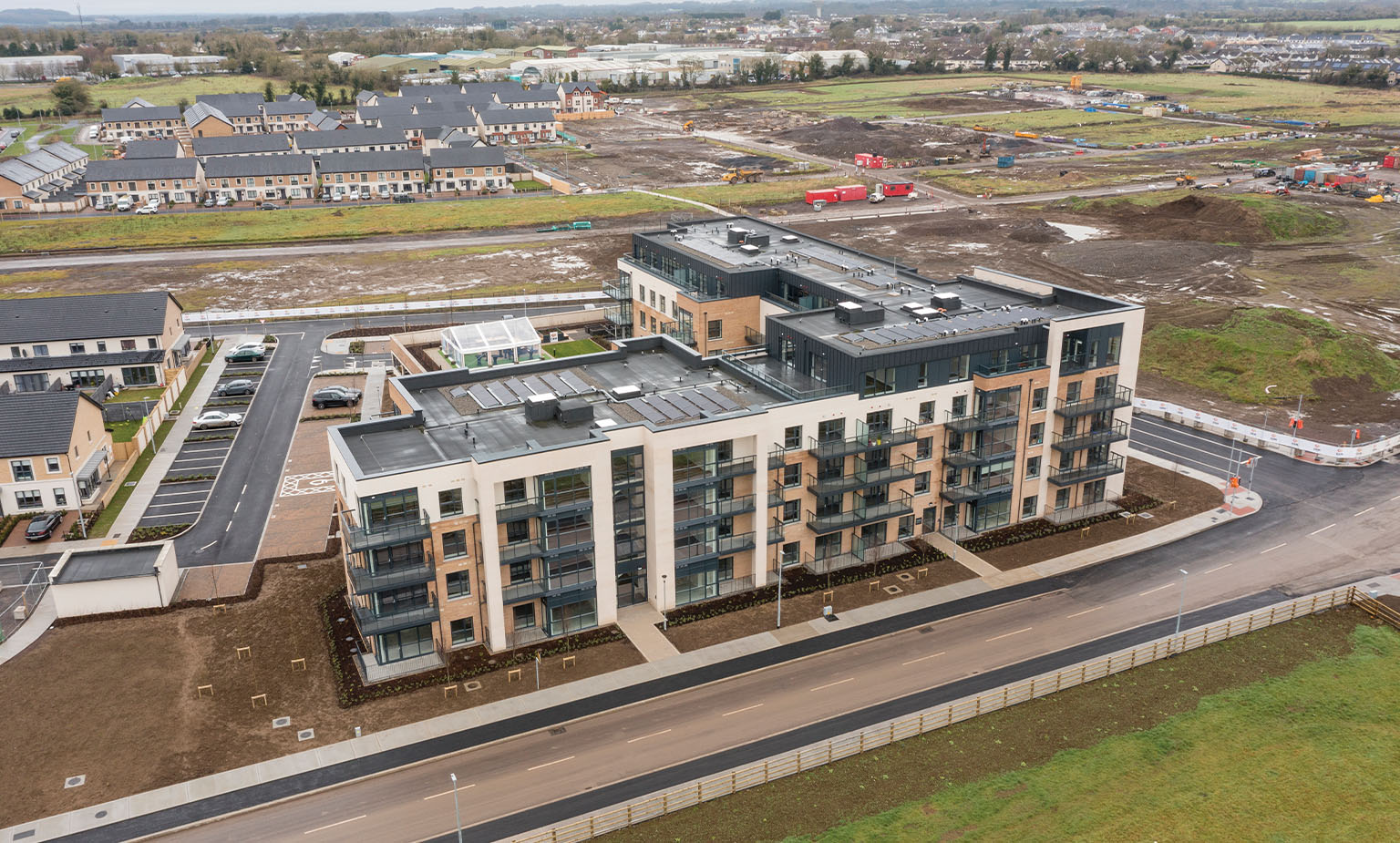
Another area where Clúid is breaking ground is with their Innovative Partnership. “At its most basic,” O’Connor explains, “this is a new approach to procurement, which will streamline processes to help us get on site quicker.” But for Clúid there are also additional benefits to this new Innovative Partnership, such as early contractor engagement. O’Connor is a huge proponent of Lean Construction and is driving a greater emphasis on reducing waste within Clúid. “Having the contractor on board from the beginning means that we are planning and making decisions together with the experts in the room. For instance, we are not including elements in the design that will be difficult to manage and maintain, time-consuming or costly to deliver. Instead, we are troubleshooting at an earlier stage, so we get the most suitable solution included from the offset, rather than trying to implement a work-around at a later stage.”
O’Connor also details how the innovative partnership has provided many opportunities for professional development within her team. Members of Clúid’s commercial development team have been undertaking Lean training alongside their counterparts at GEM, the innovative partner. She believes that coming together for the training has been helpful: “We are on this journey together to streamline our way of working and reduce waste. We do not want to pretend we have all the answers already. This partnership is about learning and improving together.”
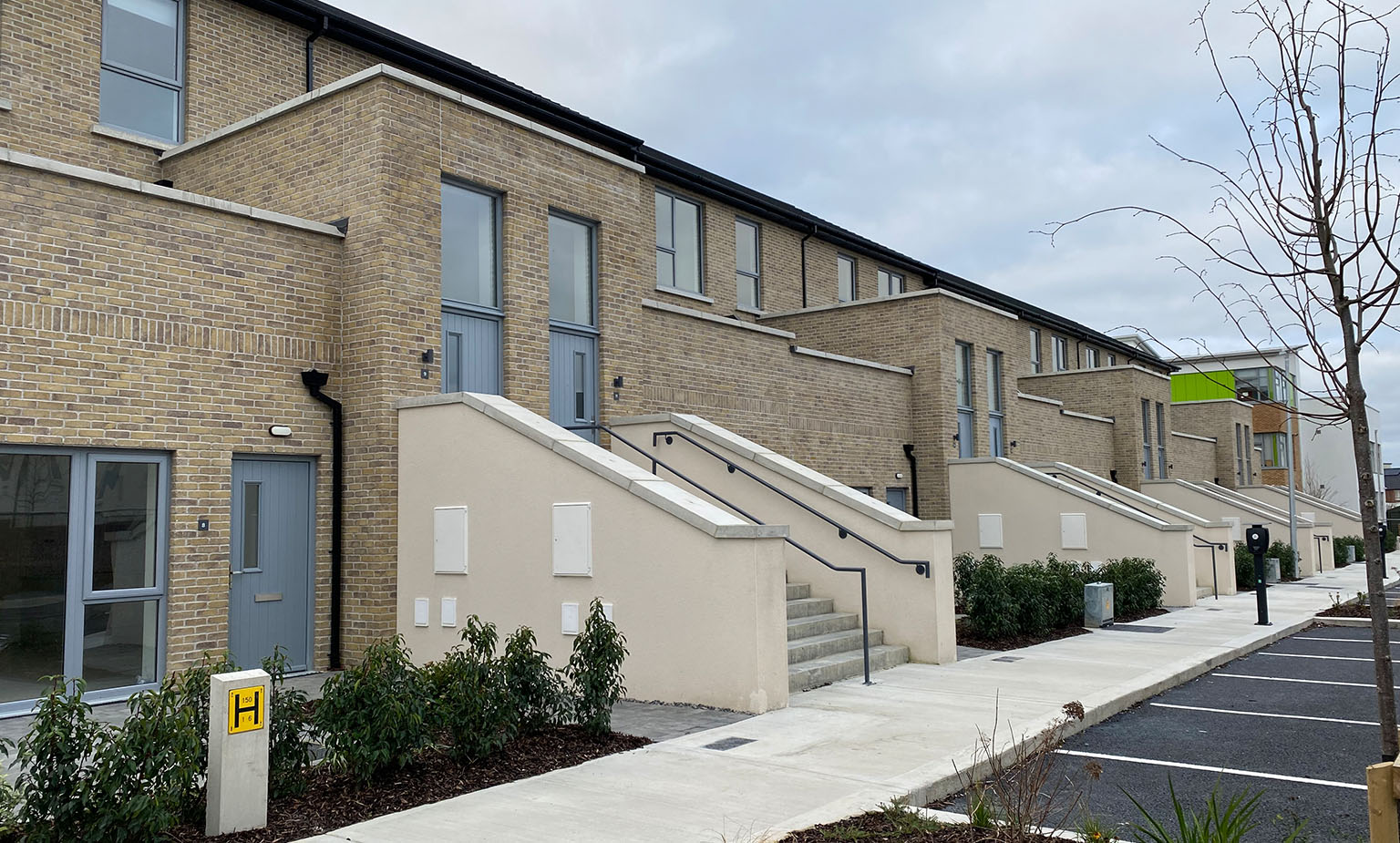
When asked about scaling up their output, O’Connor is positive: “We have certainly got the ambition, the capacity and the experience in Clúid.” AHBs like Clúid are an increasingly important solution to the housing crisis. In 2023, AHBs delivered 5,924 new social and cost rental homes – nearly two thirds of the total delivered that year. “Clúid delivered more than 1,000 of those homes, and we are on track to deliver at least 1,200 new homes this year,” she adds. “We know with the right support that we can deliver in even greater numbers going forward. We are working with our partners to address any challenges, but what we need is more land. We want to partner with local authorities and developers who have land, to bring our 30 years of experience to create great homes and communities.”
Upcoming schemesParkside, Belmayne, Dublin – in partnership with Cairn and Fingal County Council Bethany House, Sandymount, Dublin – in partnership with Dublin City Council These 62 age-friendly apartments are being delivered by Clúid in partnership with Dublin City Council at Bethany House, Sandymount, Dublin 4. The original residents, along with new neighbours, are eagerly looking forward to moving into their A-rated homes in February 2025. Coill na Giúise, Gorey, and Beechfield, Wexford Town – in partnership with Wexford County Council |
T: 01 707 2088
E: cluid@cluid.ie
W: www.cluid.ie

